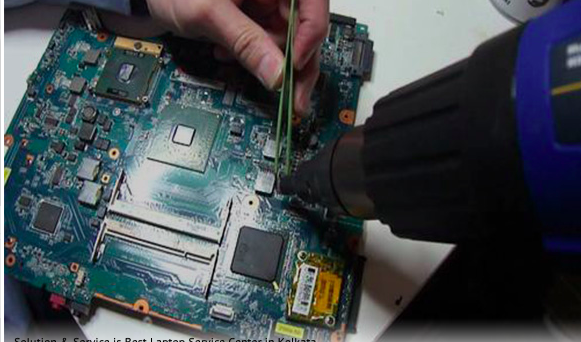HP Service Center in Patna
Are you experiencing issues with your HP laptop, such as slow performance, frequent hangs, or unexpected shutdowns? If so, you’re not alone. Many HP laptop users encounter these problems. Let’s explore the common causes and potential solutions and the role of HP Service Centers in Patna.
Common Causes of HP Laptop Issues
- Overheating: Excessive heat can cause your laptop to slow down, crash, or even shut down abruptly. Dust buildup, inadequate ventilation, or prolonged heavy usage can contribute to overheating.
- Software Conflicts: Outdated drivers, incompatible software, or malware infections can disrupt your laptop’s performance and stability.
- Hardware Failures: Issues with components like the hard drive, RAM, or motherboard can lead to various performance problems.
- Insufficient Power Supply: A weak or damaged power adapter can prevent your laptop from receiving enough power, resulting in instability.

Troubleshooting Tips
Before seeking professional help, try these troubleshooting steps:
- Clean Your Laptop: Remove dust and debris from the vents and fan to improve airflow.
- Update Drivers: Ensure your laptop’s drivers are up-to-date. Visit HP’s support website for the latest drivers.
- Scan for Malware: Use reliable antivirus software to scan for and remove any malware.
- Check for Software Conflicts: Temporarily disable unnecessary programs and see if the issue persists.
- Monitor Temperatures: Use a monitoring tool to check your laptop’s temperature and identify overheating issues.
When to Seek Professional Help
If the above steps don’t resolve the issue, it’s time to consult an expert. HP Service Centers in Patna can provide professional diagnosis and repair services for your HP laptop.
Why Choose HP Service Centers in Patna?
- Authorized Technicians: HP Service Centers employ trained and certified technicians specializing in HP products.
- Genuine Parts: They use only genuine HP parts to ensure optimal performance and reliability.
- Warranty Support: HP Service Centers can provide repairs or replacements at no cost if your laptop is still under warranty.
- Convenient Locations: There are multiple HP Service Centers in Patna, making it easy to find one near you.
By understanding the common causes of HP laptop issues and following the troubleshooting tips, you can often resolve problems on your own. However, when in doubt, seeking assistance from a reputable HP Service Center in Patna is the best course of action.

Topic Cover HP laptop boosting an issue, HP laptop hang issue, HP laptop stack problem, HP Service Center in Patna, HP laptop repair, laptop overheating, laptop software conflicts, laptop hardware failures, laptop power supply issues.
